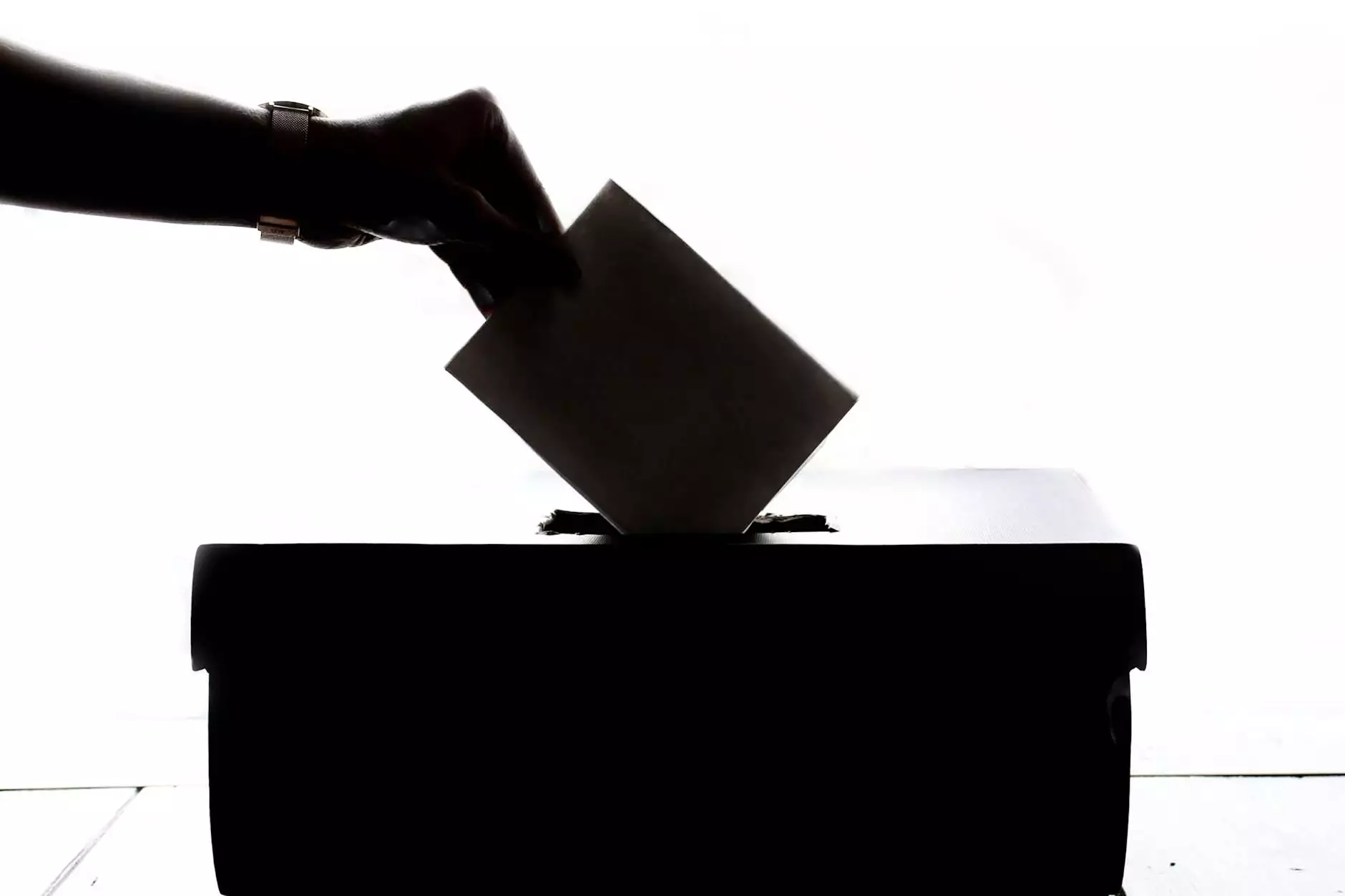How Accurate Are Indiana Paternity Tests?

Exploring the Accuracy, Process, and Legal Implications
Introduction
Welcome to the Law Office of Stanley E. Robison, Jr., where we provide expert legal advice and guidance on various matters, including paternity cases in Indiana. In this comprehensive guide, we will delve into the accuracy of Indiana paternity tests, the testing process, and the legal implications surrounding paternity testing in the state.
Understanding Paternity Testing
Paternity testing is a scientific procedure that helps determine the biological relationship between a child and an alleged father. It involves the analysis of genetic markers found in DNA samples from both individuals, comparing their genetic profiles to establish if they share a biological relationship.
The Accuracy of Indiana Paternity Tests
Indiana paternity tests are highly accurate and reliable when conducted by certified laboratories using state-of-the-art techniques. These tests have undergone rigorous scientific validation and adhere to strict quality control measures to ensure precise and accurate results.
The accuracy of a paternity test depends on several factors, including the number of genetic markers analyzed, the quality of DNA samples, and the proficiency of the laboratory conducting the analysis. Generally, reputable laboratories use advanced technologies to examine at least 16 genetic markers, which significantly increases the accuracy and reliability of the results.
The Process of Paternity Testing in Indiana
In Indiana, paternity tests can be conducted voluntarily or through court-ordered procedures in cases involving disputes over child support, custody, or visitation rights. The process involves the following steps:
- Consultation and Sample Collection: The first step is to consult with a qualified paternity testing service or legal professional, such as the Law Office of Stanley E. Robison, Jr. We will guide you through the process and facilitate the collection of DNA samples from the alleged father, child, and, if available, the mother.
- Sample Analysis: Once the DNA samples are collected, they are sent to a certified laboratory for analysis. The laboratory carefully examines the genetic markers and prepares a paternity report.
- Paternity Report: The paternity report provides detailed information about the DNA analysis conducted, the probability of paternity, and any legal implications associated with the results. If necessary, the report can be used as evidence in legal proceedings.
- Legal Implications: The results of a paternity test can have significant legal implications. If the test establishes a biological relationship, it can impact matters such as child custody, visitation rights, and child support obligations. It is essential to consult a legal professional, like the Law Office of Stanley E. Robison, Jr., to understand your rights and obligations based on the test results.
Legal Support for Paternity Cases in Indiana
At the Law Office of Stanley E. Robison, Jr., we specialize in providing legal guidance and representation in paternity cases throughout Indiana. Our experienced team understands the complexities and sensitivities involved in such cases, and we are dedicated to protecting your rights and achieving the best possible outcomes for our clients.
Contact Us for Expert Legal Advice
If you have any questions or require legal assistance regarding paternity testing in Indiana, do not hesitate to reach out to our team at the Law Office of Stanley E. Robison, Jr. We are here to provide you with the support and guidance you need during this sensitive time. Contact us today to schedule a consultation.










